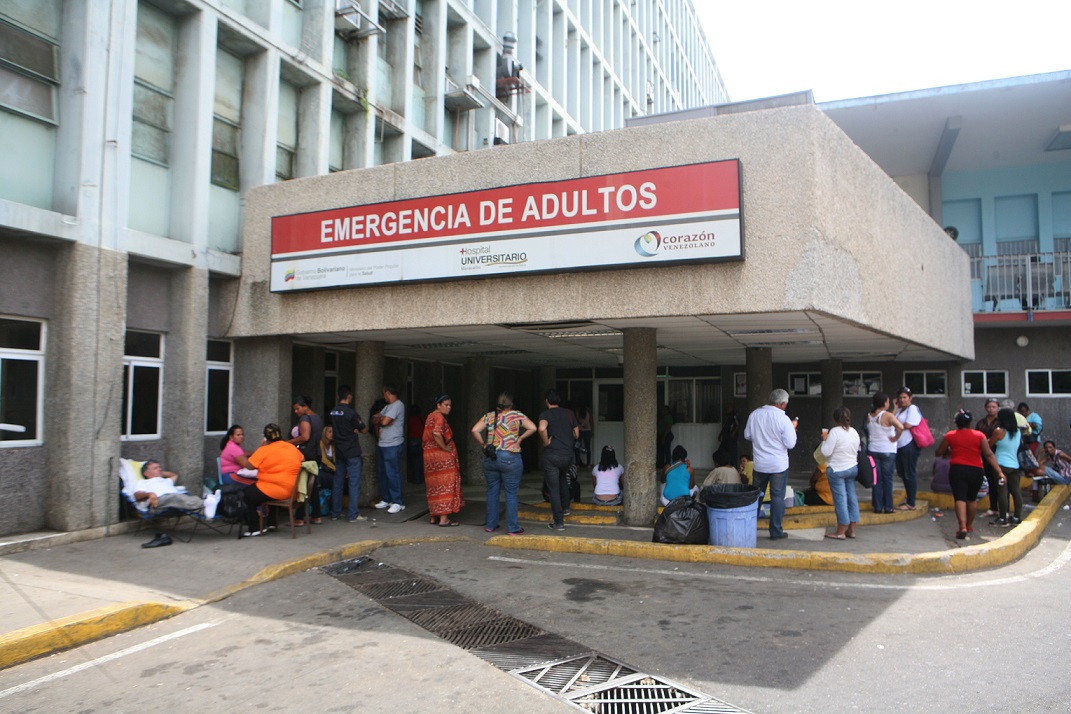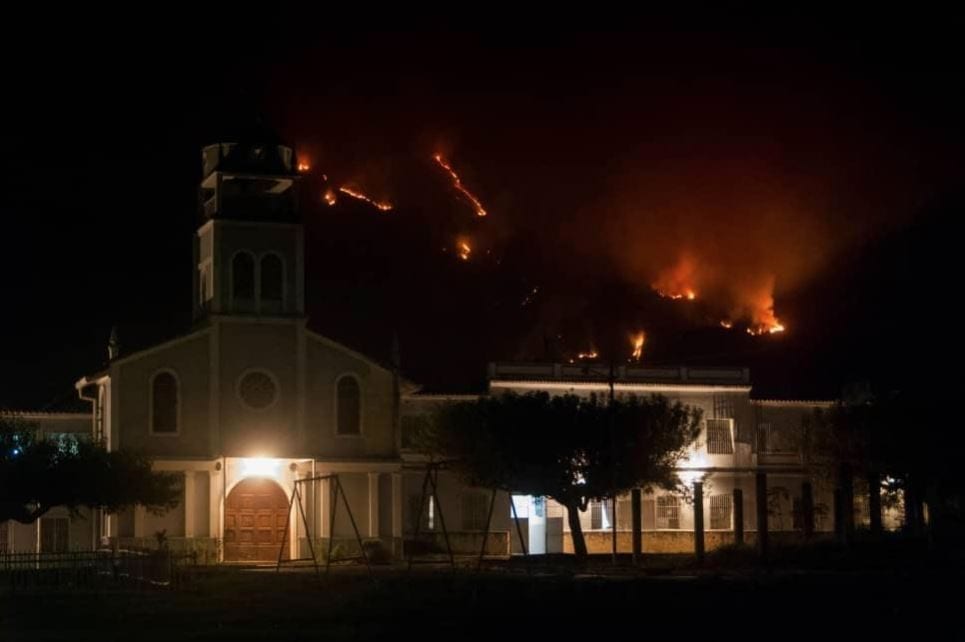The cycle of protests that started in Venezuela on Monday 21 January -led by the popular sectors of the country in rejection of poverty, the crisis of basic services and in demand for a change of government- as well as the gigantic mobilisation carried out on 23 January across 60 different places in the country showed the majority’s rejection toward Nicolás Maduro’s administration, both of which were violently answered by the State. From Programa Venezolano de Educación-Acción en Derechos Humanos (Provea), we affirm that the government would repeat the strategy applied in 2017 -when broad sectors of the population staged a popular rebellion- to stop the demands for change, systematically violating the human rights of the population. This strategy is based on 3 aspects: selective repression, invisibilisation of conflict and attrition.
Until 28 January the Venezuelan Observatory of Social Conflict (OVCS) and Provea had verified the figure of 35 people killed within the context of demonstrations, as well as 8 people executed after the protests. The NGO Foro Penal estimated that 850 had been arrested, 77 of them adolescents in an age range of 14 to 17 years. Provea has received reports of family threats to cover up the causes in the death certificates, as well as collecting large sums of money to release the detainees. The abusive actions of the Special Actions Force (FAES) of the Bolivarian National Police and the participation of paramilitary groups are possible due to the complicity of the Public Prosecutor’s Office and the omission of the Ombudsman’s Office to serve the de facto government.
The patterns of human rights violations against the civilian population used in 2017 are repeated on a greater scale. Disproportionate use of force, use of firearms with clear lethal purposes, deployment of a specialised groups for high-risk operations, war weaponry equipping for demonstrations’ control, tear gas bombings against homes, arbitrary detentions, mistreatment of detainees, violations of the right to defense and incommunicado detention.
The use of a command group trained to act with high lethality and apart from the protocols of proportional and differentiated use of force -typical of the work of citizen security-, using war weapons and uniforms, suggests that the expected results are a very large number of people killed and detained for demonstrating, with the aim of inhibiting and discouraging the expression of widespread discontent among the population. According to the testimonies compiled by Provea, the officials act with particular rancor in underprivileged sectors, taking advantage of the vulnerability and defenselessness state of its inhabitants.
In that sense (to promote self-inhibition in the exercise of rights), Nicolás Maduro announced the creation of more than 50,000 units of popular defense on 29 January. The purpose is to face people against people and expand the persecution and harassment against those who express dissenting opinions. This announcement raises the risks of confrontation and violations of human rights, pushing away a peaceful solution to the crisis.
Secondly, as of 21 January, administrative processes were initiated by the National Telecommunications Commission (CONATEL) to promote self-censorship on media and journalists. In times of high conflict, or statements issued by high-level officials of the National Assembly, total or partial blockades of social media have been detected in order to hinder the dissemination of information. The strategy of the government, within the country, is to make the the facts known as little as possible. And abroad, distort and minimise the situation.
By denying any possibility of a peaceful exit to the crisis, the high ranks have internally increased their cohesion in the strategy of gaining time with the hope of exhausting social, political and diplomatic efforts, in a similar way to what happened in 2017.
On the sanctions and elections
Provea agrees with the organisations WOLA, Dejusticia, Conectas and the Human Rights Coordination of Peru, in the sense that international sanctions must be coordinated, linked to concrete and clearly communicated objectives, as well as avoiding the worsening of the country’s serious humanitarian emergency. We have expressed our approval of individual sanctions against human rights violators or officials involved in corruption.
However, we regret that the refusal to allow a peaceful solution to the crisis, by the administration of Nicolás Maduro, has generated the beginning of economic sanctions against PDVSA that will possibly aggravate the already precarious situation of Venezuelans. The permanence of Maduro, exercising a de facto government, creates risks to an increase in sanctions that are not convenient for the majority of the population. For this reason, we hold Nicolás Maduro responsible for any unforeseen or unwanted resolution of the conflict, including violence, coup d’etat or undue interference from other countries; as he remains committed to clinging to power and closing the democratic, free and credible ways that allow the freedom of expression and non-coercion of popular sovereignty.
Provea will reject any leave with the use of force or outside the Constitution and any international action contrary to international law. We reiterate that the solution of the conflict are free, transparent and inclusive elections with a reliable electoral referee. In this sense, we support the efforts of the European Union to urge the call for elections. Likewise, we encourage the international opinions that recognise the need to submit the authorities that should lead the democratic transition to the scrutiny of suffrage. Promoting the holding of new elections is to recognise that those of 20 May 2018 were irregular and their result was fraudulent, giving way to a situation that has been qualified as the usurpation of the presidential power by Nicolás Maduro.
We insist that the mass and peaceful mobilisation of people, assuming an active role, is the main force to achieve change. Therefore, we make a public ask to participate in the call made by high-level officials of the legitimate National Assembly on next Saturday 2 February. We urge you not to fall for provocations that pretend to produce acts of violence. The government fears more a massive action of the people than to the determined action of few. Let’s continue moving towards the end of usurpation, transitional government and call for elections.
Provea Press
Provea educa y apoya jurídicamente a sectores vulnerables víctimas o potenciales víctimas de violaciones de derechos humanos; documenta e investiga sobre su situación y denuncia los abusos de poder y violadores de derechos humanos, articulando con otras organizaciones y movimientos sociales y populares.




